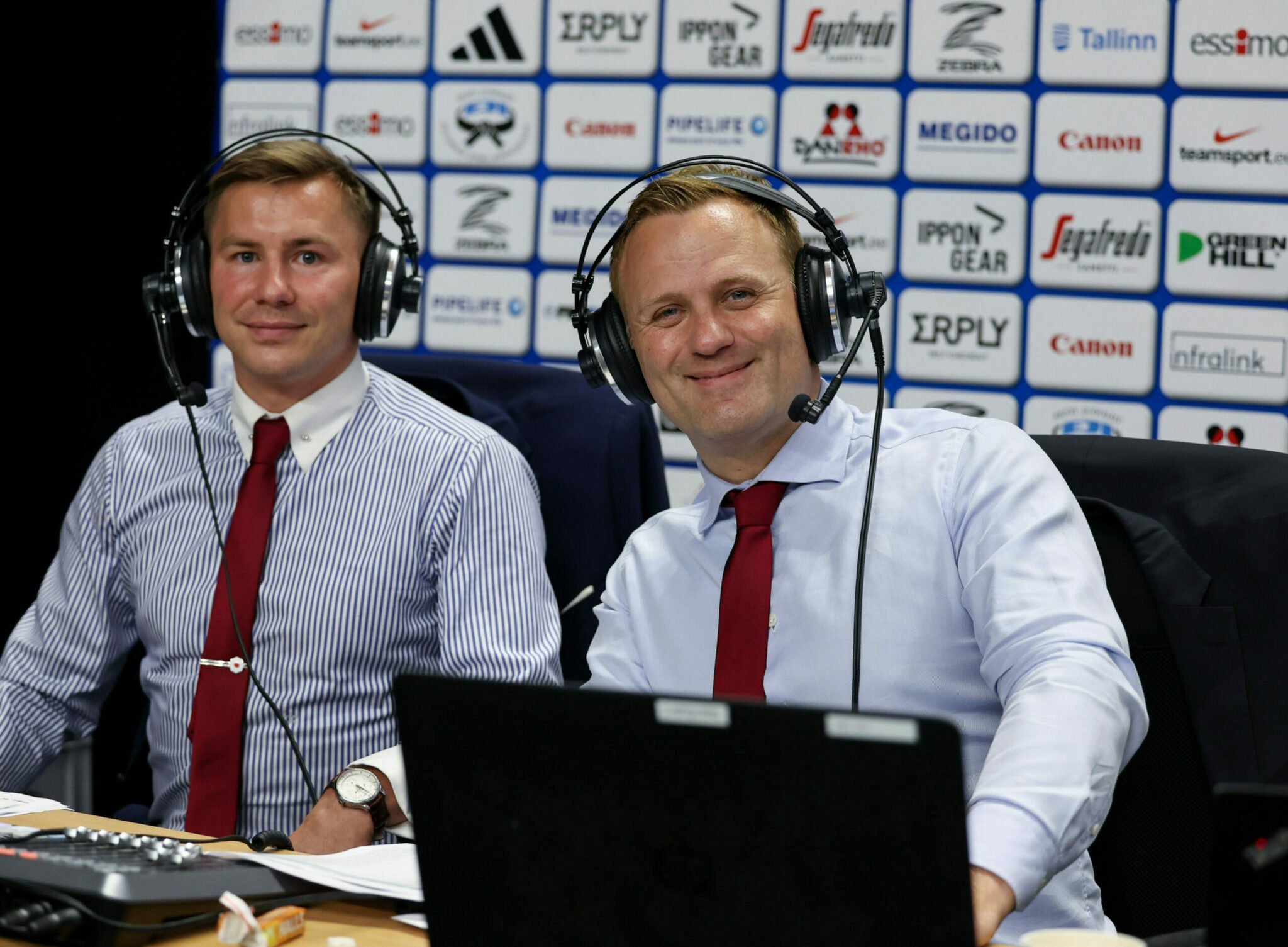Finishing high school and stepping into adulthood is a critical and often delicate phase for young people. It marks the end of a structured and familiar environment and the beginning of new responsibilities, career decisions and personal growth. For young athletes pursuing an elite judo career, these pressures are amplified, with expectations from family, coaches and society weighing heavily on their shoulders. To explore this complex journey, we spoke with judo commentators Tomasz Kowalski and Olympic champion Ole Bischof about the challenges faced by young judoka today.
Reflecting on the past few days of competition in Tallinn, Ole praised the quality of judo on display, “The first day was of very high quality; fantastic techniques, especially among the lightweights. Azerbaijani and Georgian judo stood out; even without a gold medal for Georgia, the focus and determination were impressive.”
Tomasz added, “The professionalism of these events is incredible. Juniors now receive almost as much media coverage as seniors, which puts pressure on young athletes. Some handle it well, like the grand slam medallists we saw competing, but the majority are expected to be fully developed at a young age and the fun often gets lost. Despite this, it was refreshing to see their youthful naivety and creativity on the tatami, qualities that can sometimes be stifled by the pursuit of results.”
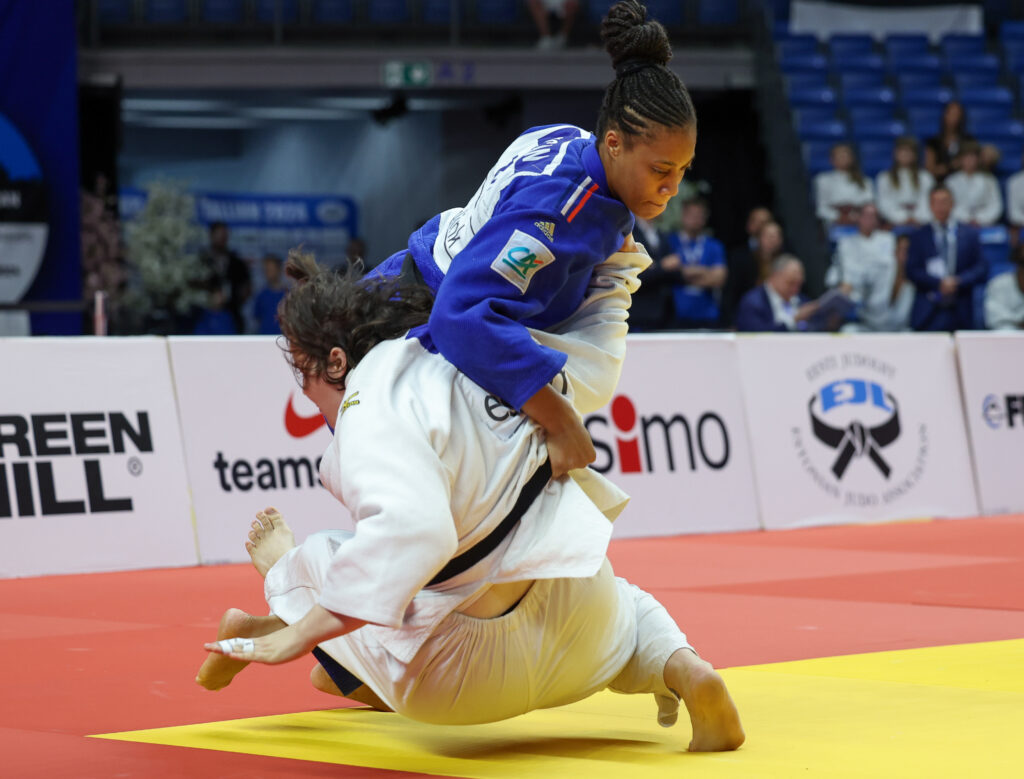
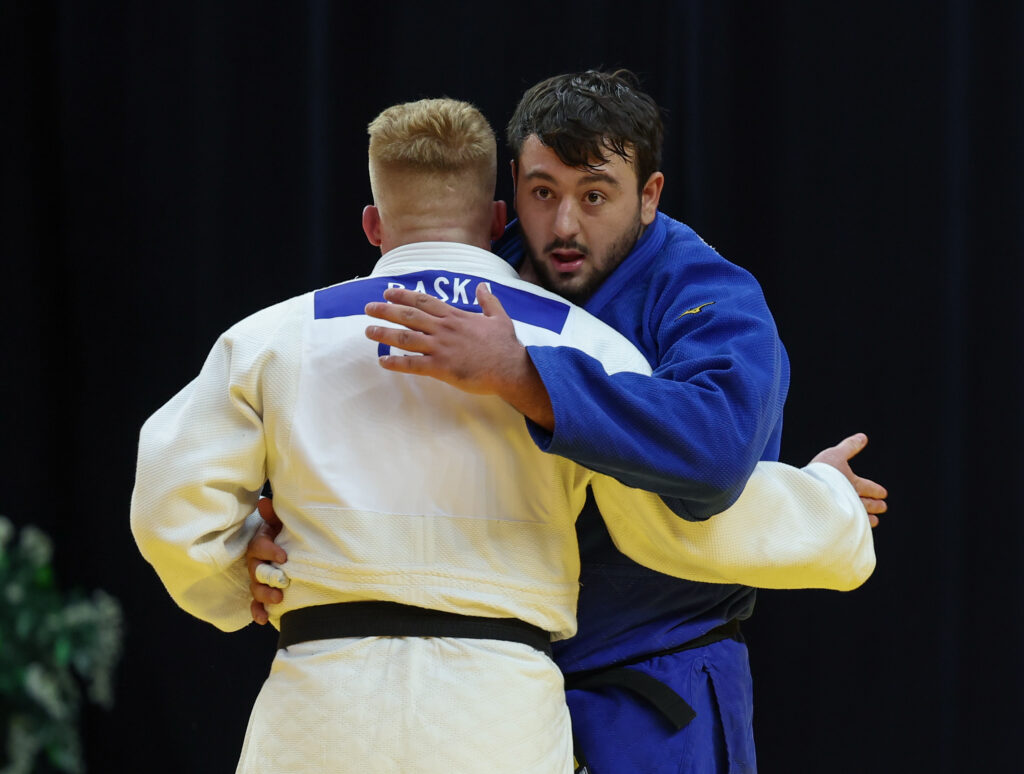
When asked if young judoka are perhaps being exposed to senior-level competition too soon, Tomasz highlighted the importance of a pressure-free environment. “One judoka who won a medal at the Lima World Championships Cadets and again here in Tallinn said her success came from competing without pressure. That’s the approach we need, no pressure. If you win, great; if not, that’s fine too. It’s crucial to keep it fun, especially at this age, and remind them it’s okay not to win every junior European medal. The potential to succeed as seniors remains.”
Ole, who didn’t win a junior medal but went on to become an Olympic champion, echoed this sentiment, “An athlete’s high-performance window is about 10 years. Starting at 12 and pushing hard means peaking at 22, which is early. We need to time the push for high-level performance carefully and ensure that love for judo isn’t overshadowed by the pressures of competition.”
The discussion then turned to the single repechage system used in junior European competitions. Ole noted, “For major events like the Europeans and worlds, the single repechage system is acceptable but it’s tough for young athletes. Tomasz added, “To improve their draw, they need higher rankings, which means more travel and financial commitment. A rethink, perhaps allowing repechage from the round of 16, could ease some of the pressure.”
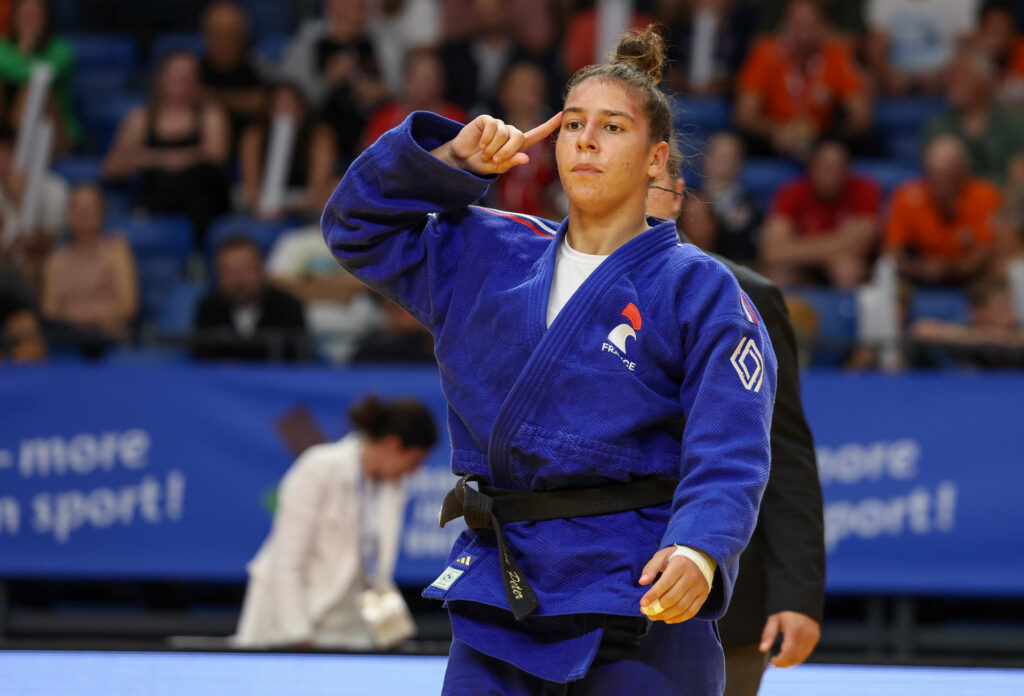
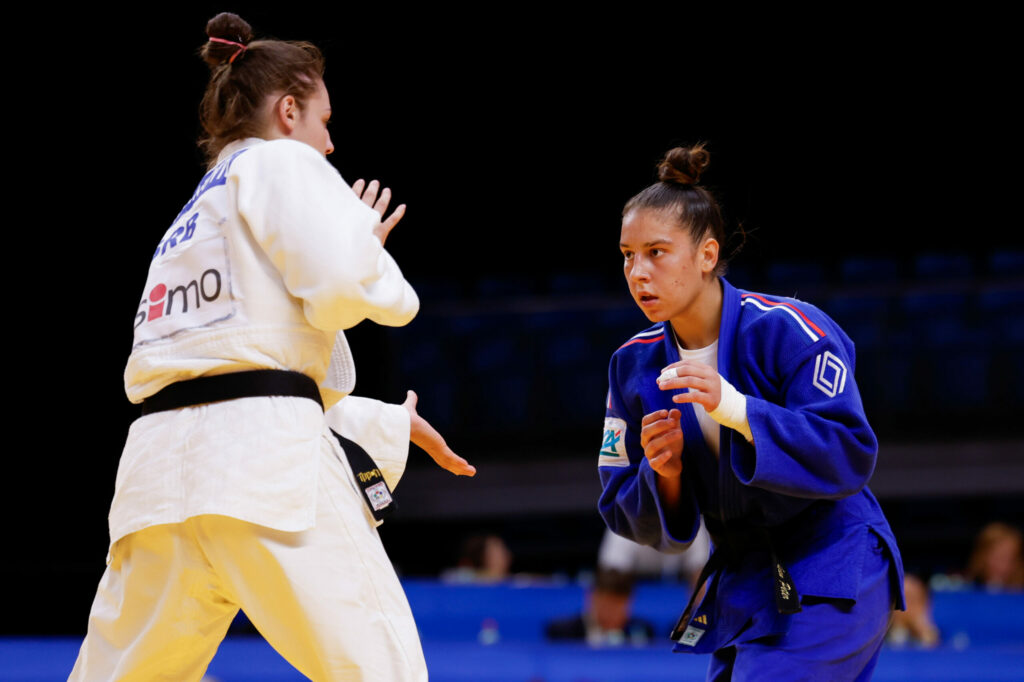
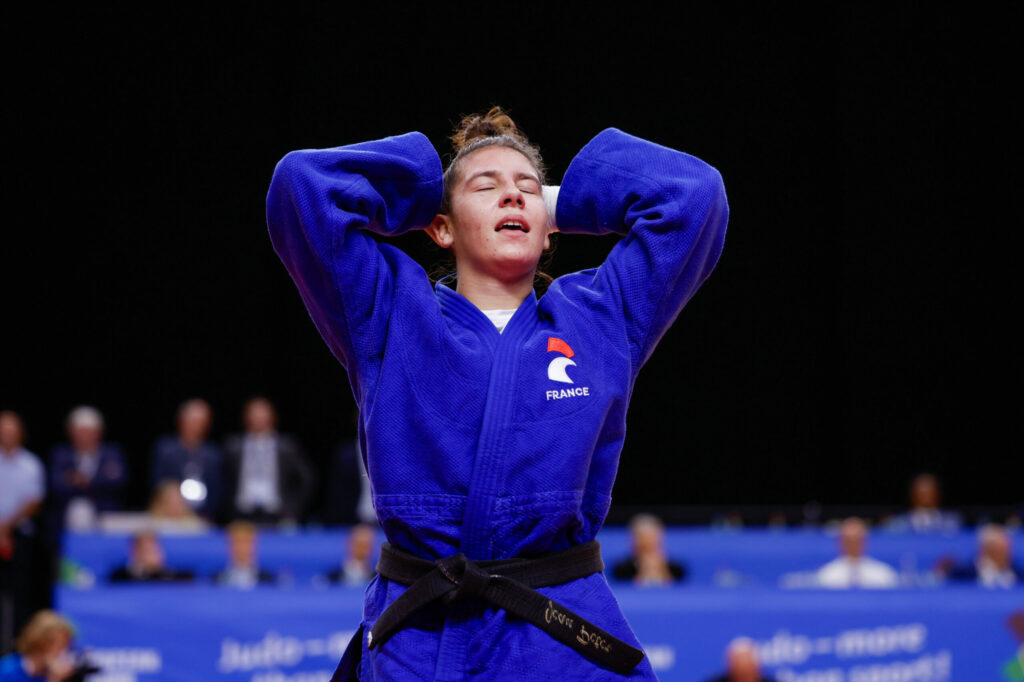
Tomasz further emphasised the need to balance competitive exposure with enjoyment, especially at the cadet stage. “In some countries, cadet European or world medals come with financial bonuses, which is too early. They should be doing it for the love of judo at that time. Overhyping young athletes builds unrealistic expectations, leading to greater disappointment when success doesn’t follow at junior and senior levels. It’s like the higher you are on a mountain, the bigger the hit you take if you fall off. The kids should not even leave the valley at that age.”
Ole agreed, stressing that the foundation of an athlete’s career should be built with care. “The age at which athletes start competing at the top level is crucial. If you want to develop great champions, you need to cultivate their love for judo, not just their technical and tactical skills. Starting high-performance training too early can shorten an athlete’s career and diminish the joy of the sport. The foundation is key and if you cut the foundation in half then your pyramid will be shorter. Judo is good for all ages, however if you want to reach high performance sport it is okay if you start at the age of 16. Don’t take them out of the family at an early age. Yes, it can be successful, but it also comes at a cost. Moreover, both the education and sport departments have been doing a lot of work to ensure we offer judo for all.”
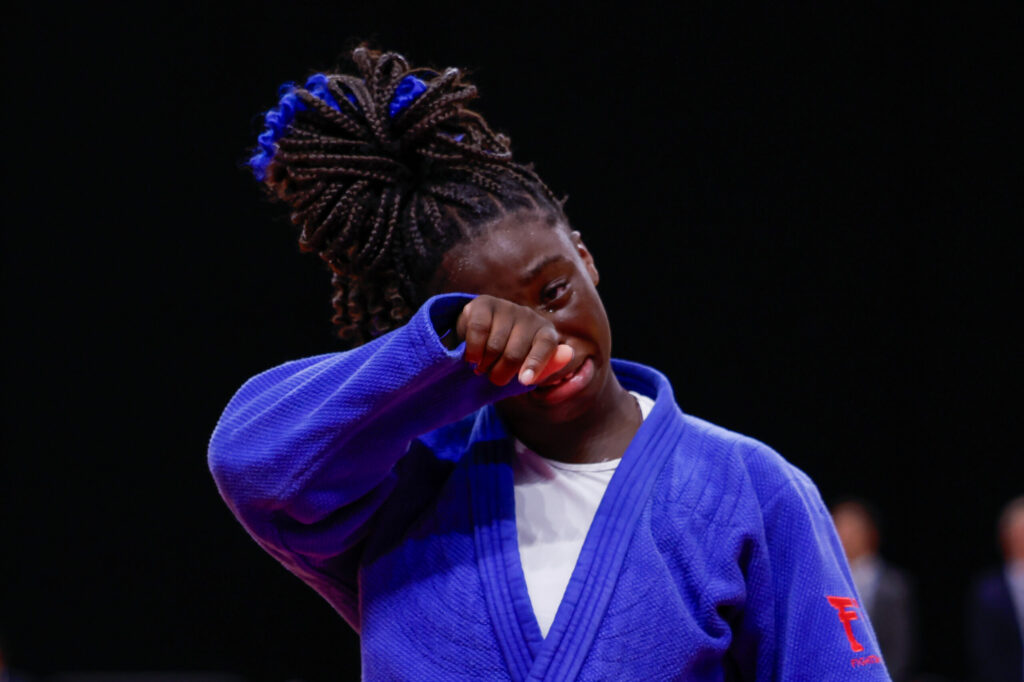
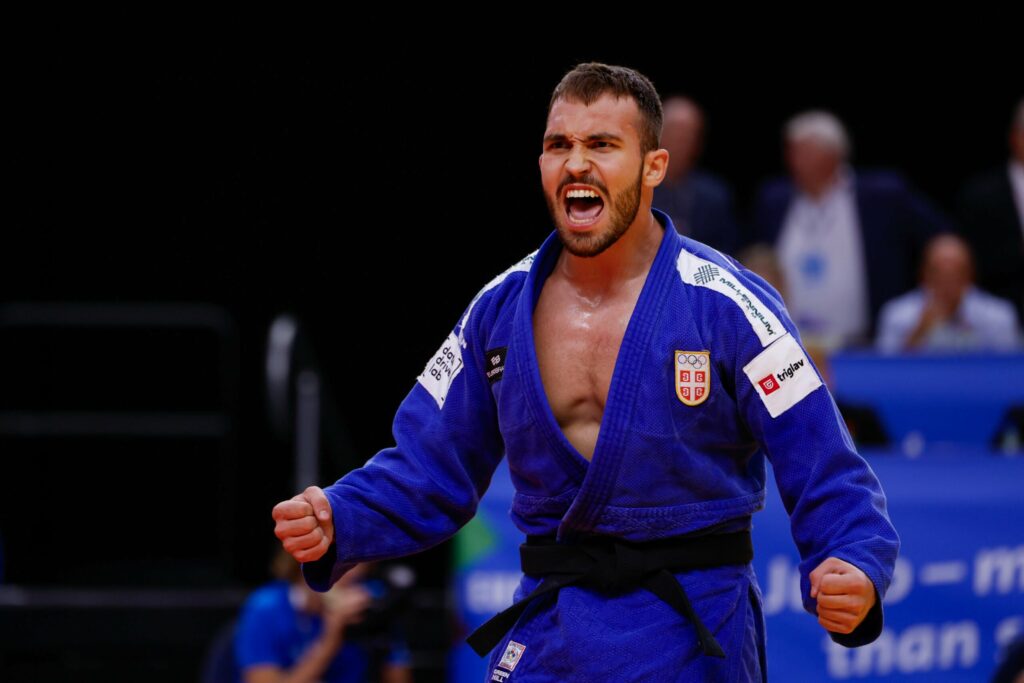
Tomasz concluded by highlighting the importance of educating the families of young judoka. “It’s essential to involve families in the athlete’s journey, helping them understand judo beyond elite competition. This approach can make the sport more enjoyable for everyone involved, moving it away from just chasing medals.”
As we approach the final day of competition, it’s clear that the conversation about supporting young athletes, balancing pressure with enjoyment, and fostering a love for the sport is more important than ever. Tune in to our live coverage on Judotv.com, where Tomasz and Ole will continue to provide expert insights on the mixed team event and more.
Author: Szandra Szogedi



